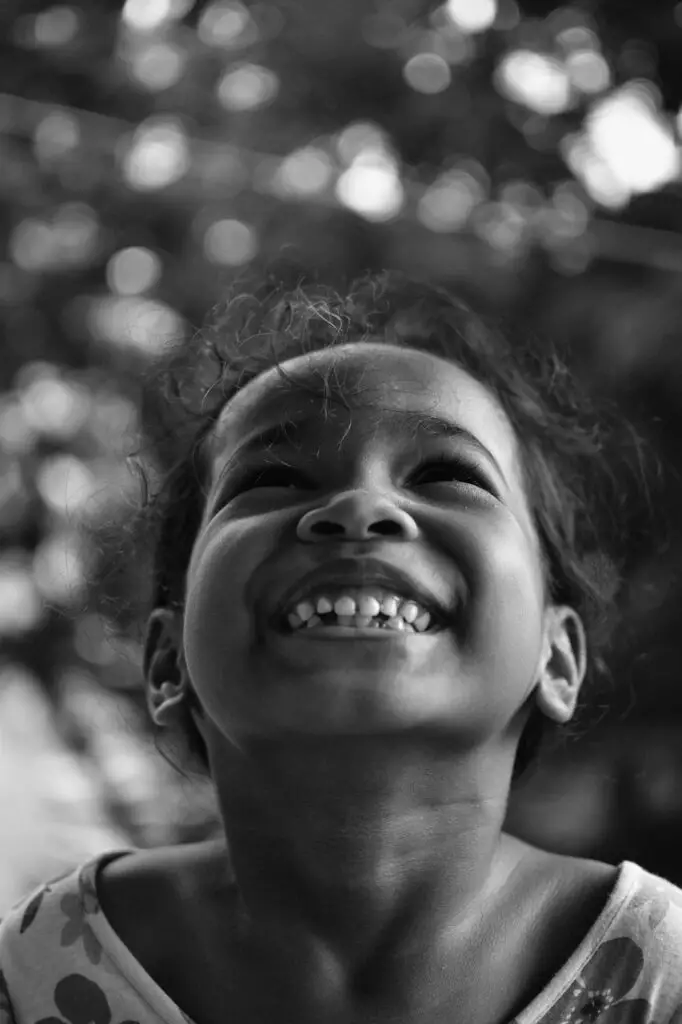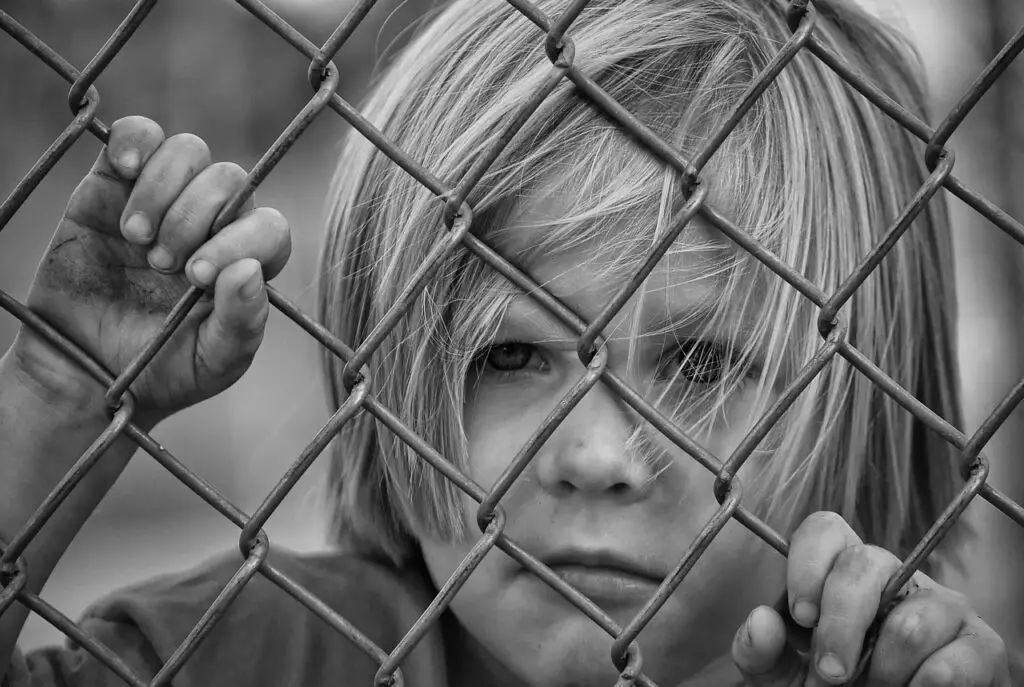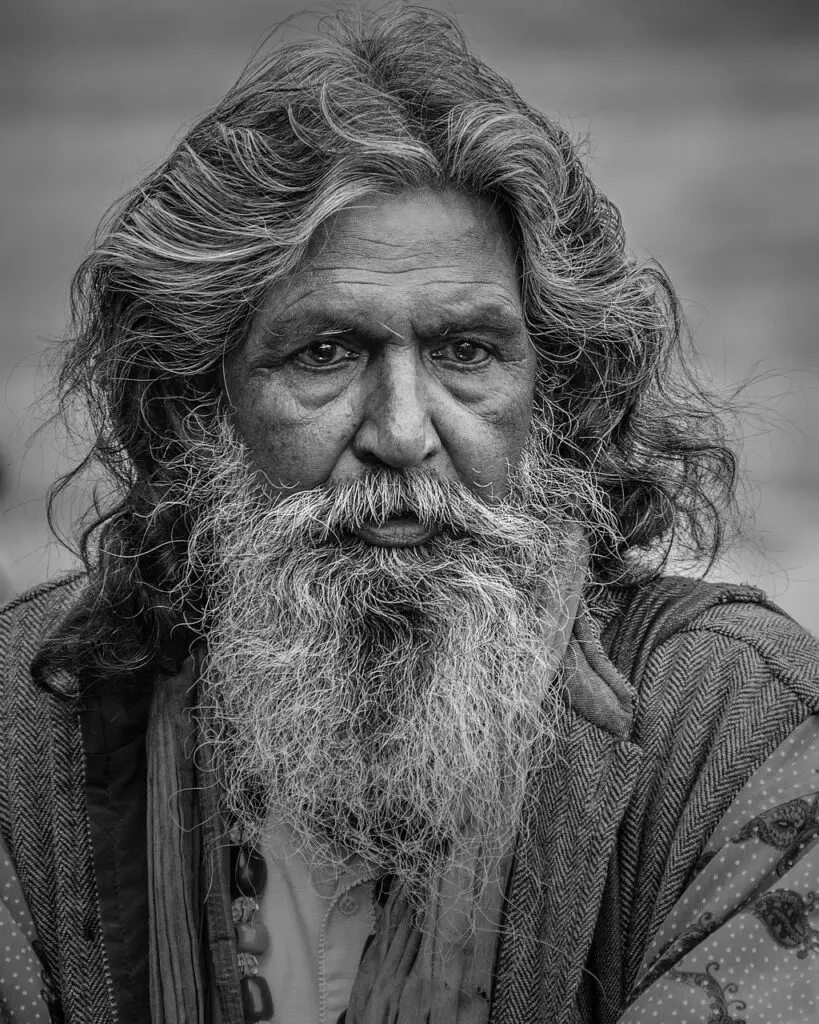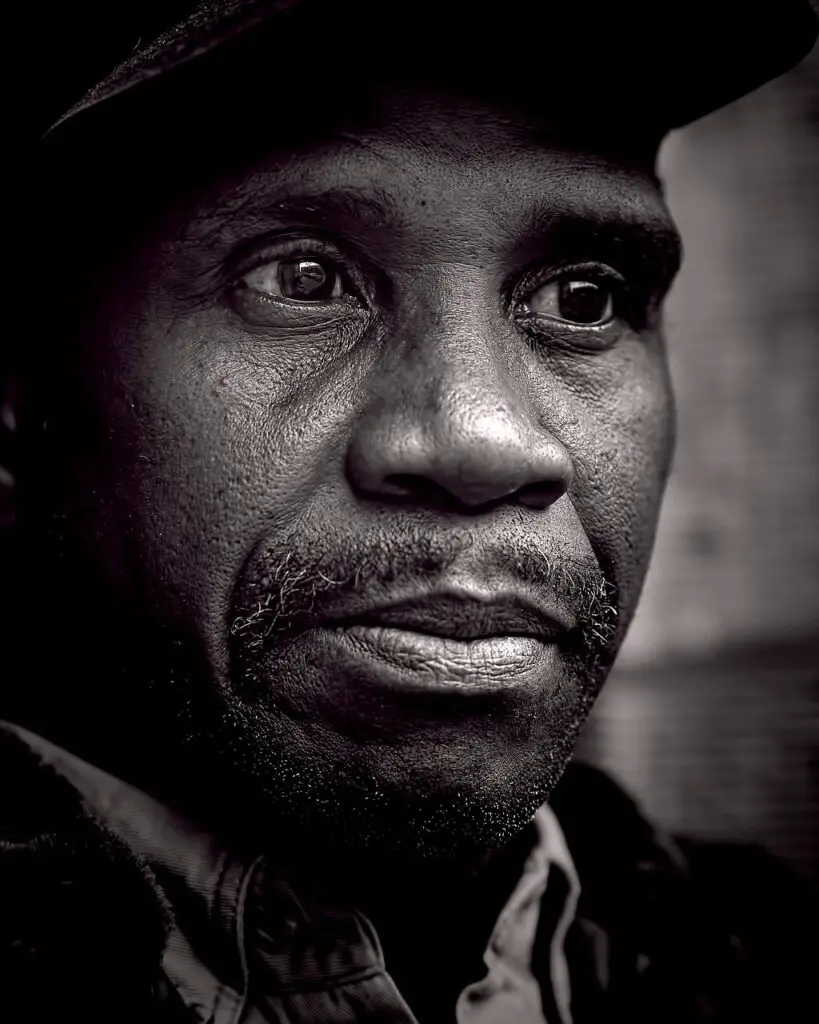-
Meet the Professor: Dr. Stephanie Wilson, Sociologist, Educator, and Co-founder of Applied Worldwide
Stephanie: Sociologist, Creator, Researcher 2. As a co-founder of Applied Worldwide, could you briefly explain the organization’s mission? Stephanie: Our mission is to build a bridge between the discipline of sociology and everyday life to improve the well-being of society. As a sociologist, I see endless ways that sociological knowledge could benefit society, but our…
-
THE COMPARATIVE METHOD IN SOCIAL ANTHROPOLOGY
The purpose of comparative method in social anthropology is to study varieties of form of social life and to understand human social phenomena. Franz Boas delineated two methods in the study of anthropology. First, was to reconstruct the history which means to understand the past and reconstructing theories in present. Second, was comparison of social…
-
Interview with Assistant Professor Katie Durante, University of Utah, Department of Sociology
1. If you had to describe yourself in three words, what would they be? Integrity, light-hearted, responsible 2. Can you discuss some of your key findings regarding racial and ethnic inequality in the criminal legal system and how it has evolved over the years? One of the areas of research I focus on is racial…
-
Interview with Dr. Christina Jackson: Insights into Sociology, Activism, and the Journey Ahead
Short Bio: Dr. Christina Jackson, an Associate Professor of Sociology at Stockton University, specializes in urban sociology, social welfare, and inequality from sociological and public health perspectives. Beyond academia, she’s an engaged scholar-activist, facilitating and consulting with community partners and creative groups on topics like anti-violence, gentrification, housing, food justice, and racial justice. She’s co-authored…
-
How To Apply Sociology In Everyday Life: Explained Real Examples
Sociology is the study of society through many theoretical perspectives. The most important lesson of sociology is that society is not an external object to be studied. Instead, all of us are active members of society and constantly influence it. Thus, sociology can be applied in everyday life by all members of society. This article…
-
Sociological Imagination: From Personal Troubles to Social Issues
One of the first concepts, perhaps, that is introduced to one who is beginning to learn the discipline of sociology is, the sociological imagination. It is not quite as different from daydreaming or the mere act of imagining. Sociological imagination was introduced by C. Wright Mills. If one were to think sociologically, one has…
-
Understanding Psychology: The Basics for Beginners
What is psychology in simple words? “Does that mean you can read minds?”, “Can you tell me what I’m thinking right now?”, “Okay, so I should be careful around you.” These are some of the cliched statements one has heard upon mentioning the discipline of Psychology. Psychology is not about reading minds; it’s not a…
-
Gendering Climate Change
The Earth’s climate today is changing faster and in more unpredictable ways than ever before. This year itself has seen innumerable disasters beginning with the Australian bushfires and ending with the Cyclone Amphan that hit Eastern India last month. We must sound the call for action, but we should not do so blindly. While climate change affects the…
-
Radcliffe Brown: Biography, Contributions and Books
Early life: Alfred Reginald Radcliffe-Brown was born in Birmingham in 1881. He belonged to the English lower middle class. With economic support from his brother, Radcliffe-Brown embarked on medical studies. But his teachers encouraged him to move to Cambridge and study anthropology. While at Cambridge, Radcliffe-Brown became a pupil of pioneering ethnologist W. H. R….
-
What is Public Policy? Policy Making, Approaches, Characteristics, Types
Thomas Dye defined Public Policy as “Whatever the government chooses to do or not to do”. Public policy can be generally defined as a system of laws, regulatory measures, courses of action, and funding priorities concerning a given topic promulgated by a governmental entity or its representatives. The topic of public policy, which consists of…
-
What is Critical Thinking? Here’s everything you need to know
Critical thinking refers to making reliable judgments through the objective analysis of factual information. The term ‘critical’ is derived from the Greek word kritikos that means discerning. What Does A Critical Thinker Do? They formulate vital questions relevant to analyzing problems. For example, a graduate student looking for an internship might ask whether the internship…
Follow us On Instagram @sociology_official
Show off your social photography skills! Share your most engaging shots on our Instagram and let the world see your unique perspective.







Leroy_Skalstad


